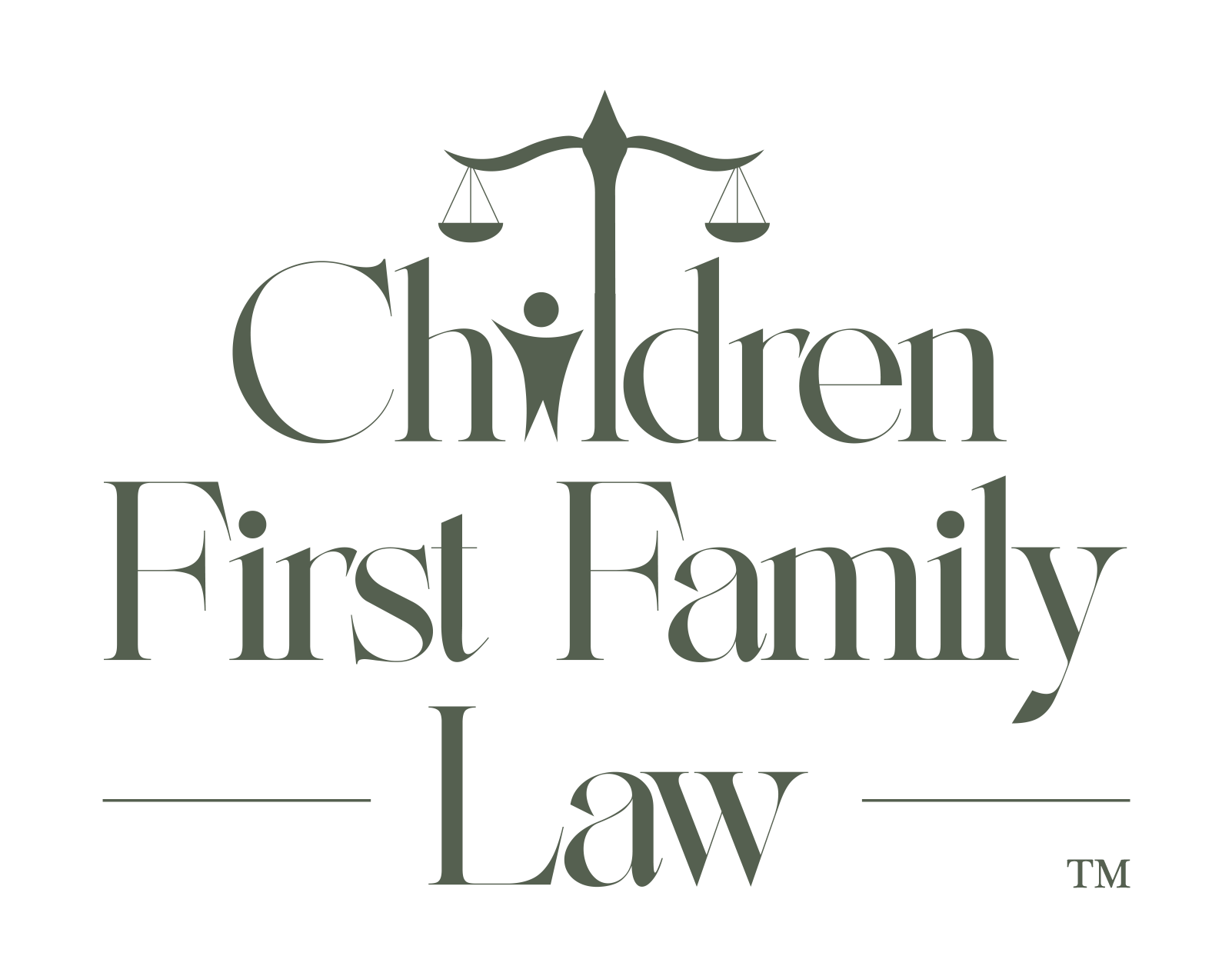Divorce changes family structures, but it doesn’t erase the responsibility parents share in raising their children. Co-parenting requires ongoing collaboration, and one of the most critical skills for making it work is effective communication.
On this episode of the Children First Family Law podcast, Krista draws from her work as an attorney, mediator, and child advocate to address the communication challenges divorced parents face and the strategies that help families move forward.
Why Communication Matters
In Colorado, as in many states, family courts focus on the best interests of the child. Judges, attorneys, and child advocates all recognize that clear communication between parents is key to stability and predictability. When parents work together, children feel secure. When communication breaks down, families often find themselves back in court, and children end up caught in the middle.
Common Pitfalls in Co-Parenting Communication
Krista notes several recurring challenges:
- Old emotional wounds resurfacing during even simple conversations
- Conflicting communication styles (emails vs. texts)
- Confusion over schedules and responsibilities
- Misinterpreted tone in written messages
- Mistrust from past patterns
Recognizing these patterns is the first step in improving communication.
Strategies That Work
Krista encourages parents to treat co-parenting like a business partnership. Tools like the BIFF method (Brief, Informative, Friendly, and Firm) help keep conversations focused and calm. Choosing the right platform also matters. Texts may be fine for last-minute updates, but co-parenting apps provide better clarity, accountability, and documentation for important matters.
Setting boundaries around response times prevents reactive exchanges, while proactive planning reduces unnecessary conflict. Perhaps most importantly, parents should put their children at the center, not in the middle. That means keeping kids out of adult disputes and focusing on teamwork—what Krista calls “Team [Child’s Name].”
Support for Parents
For families in Colorado, resources such as mediation, co-parent counseling, parenting coordinators, and online parenting classes provide additional support. Krista also highlights upcoming parenting coaching services through her practice to help families strengthen communication skills outside the courtroom.
The Takeaway
Co-parenting after divorce is never easy, but effective communication can transform conflict into cooperation. As Krista reminds listeners, children are always watching. Respectful communication between parents shows them they are safe, loved, and come first.
If you want to learn more about the Children First Family Law Podcast, check out www.childrenfirstfamilylaw.com/co-parenting-after-divorce-tips-for-successful-communication.
